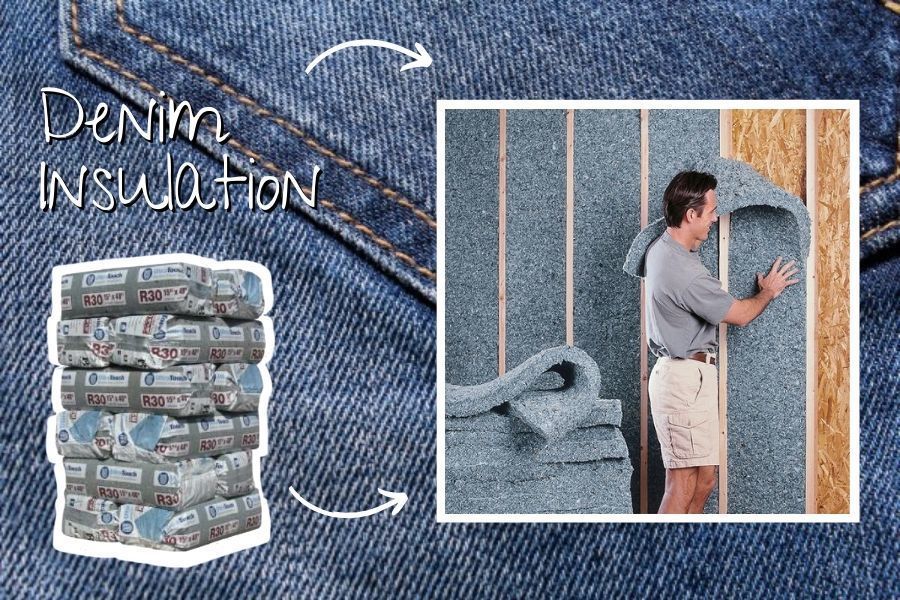Last updated on
Metal water bottles are recyclable through most curbside recycling programs or at local scrap metal facilities.
Key takeaways:
- Metal water bottles are recyclable through curbside programs or scrap yards.
- Reusable bottles reduce waste, save money, and have insulative properties.
- Empty and clean bottles, remove non-metal parts before recycling.
- Challenges include mixed materials and coatings, find appropriate recycling centers.
- Recycling metal bottles reduces energy use, conserves resources, and minimizes waste.
Why Reusable Water Bottles?
Opting for reusable water bottles over single-use plastics is a conscious choice that significantly reduces litter and landfill waste. These bottles, often made from high-quality metals like stainless steel, are designed to withstand years of use.
They also offer a cost-effective solution, curtailing the need to continually purchase disposable bottles. Another benefit is the reduction in carbon footprint associated with the production and transportation of disposable options.
Moreover, a reusable water bottle keeps your drinks at the desired temperature longer, thanks to insulative properties not found in plastic bottles. With the surge in awareness about plastic pollution and a growing culture of sustainability, carrying a reusable water bottle becomes not just an eco-friendly gesture, but also a statement of environmental responsibility.
Can Metal Water Bottles Be Recycled?
Absolutely! Metal water bottles, typically made of stainless steel or aluminum, are highly recyclable materials. Unlike some plastics that degrade in quality during the recycling process, metals can be recycled multiple times without losing their properties. The process involves melting down the metal and reforming it into new products, which could range from new water bottles to construction materials. It’s a closed-loop cycle, meaning that the metal can be used, recycled, and repurposed indefinitely.
When these bottles reach the end of their useful life or if you have one that’s damaged, instead of discarding them in the trash, consider recycling. Most curbside recycling programs accept metal water bottles, but it’s always good to double-check with local waste management policies. Additionally, metal is valuable material for scrap recyclers, so you might even get a little cash for your effort if you take it to a scrap metal recycling facility.
The key to efficient recycling is ensuring the water bottle is empty and clean. Remove any non-metal parts such as plastic lids or rubber seals, as these can interfere with the recycling process. It’s a simple step that greatly contributes to the success and effectiveness of recycling programs.
Preparing Metal Water Bottles for Recycling
Ensuring that your metal water bottle is ready for recycling helps maintain the efficiency of the recycling process. Begin by emptying the bottle completely to remove any leftover liquids, which could contaminate other recyclables. Clean the bottle thoroughly; residues inside can hinder the recycling machinery and decrease the quality of the recycled material.
If your bottle has a non-metal component, such as a plastic lid or a rubber seal, separate these parts if possible. Many recycling centers require materials to be sorted by type, since metals and plastics are processed differently. Check with your local recycling program for specific guidelines; some may have particular instructions on the preparation or sorting of items for recycling.
Taking these small steps contributes significantly to a clean and effective recycling system.
Challenges in Recycling Metal Water Bottles
Despite their recyclability, metal water bottles do present certain hurdles in the recycling process. Firstly, not all metal water bottles are made equal. Some contain an amalgamation of metals, which can complicate the separation process needed for recycling. It’s crucial to disassemble parts that are made of different materials, like plastic caps or silicone seals, as these can contaminate the metal recycling stream.
Secondly, if a metal water bottle has been coated with paint or any other kind of decorative material, it may need special treatment before recycling. These coatings can affect the quality of the recycled material, and in some cases, make the recycling process inefficient.
Additionally, not all recycling centers are equipped to handle metal water bottles, especially those designed for single-stream recycling systems. The right recycling facility must be chosen – one with the capability to process metals.
Lastly, consumer awareness is a challenge. People often toss metal water bottles in the trash, forgetting that these items are valuable recyclables. Boosting education around the recycling of these bottles is key to overcoming this barrier and ensuring they don’t end up in landfills.
Environmental Impact of Recycling Metal Water Bottles
Recycling metal water bottles significantly reduces the environmental impact that comes from extracting and processing raw materials. Here are key points that illustrate these benefits:
1. Energy Savings: The process of recycling metals typically uses less energy than producing new metal from ore. This can lead to substantial energy savings – for aluminum, this can be as much as a 95% energy reduction.
2. Conservation of Resources: Metals are finite resources. By recycling, we extend the life cycle of the existing materials and reduce the need for virgin mining.
3. Reduction in Greenhouse Gas Emissions: Manufacturing from recycled materials generally emits fewer greenhouse gases than creating products from new materials, helping to mitigate climate change.
4. Waste Minimization: Recycling keeps these bottles out of landfills and the environment, where they could take hundreds of years to decompose, potentially leaching chemicals into the soil and water.
5. Economic Benefits: The recycling industry creates jobs and saves money on waste management and raw material procurement.
Encouraging the recycling of metal water bottles isn’t just good for the environment, it also contributes positively to the economy and conserves energy and resources for future generations.
Related reading:
Table of Contents

